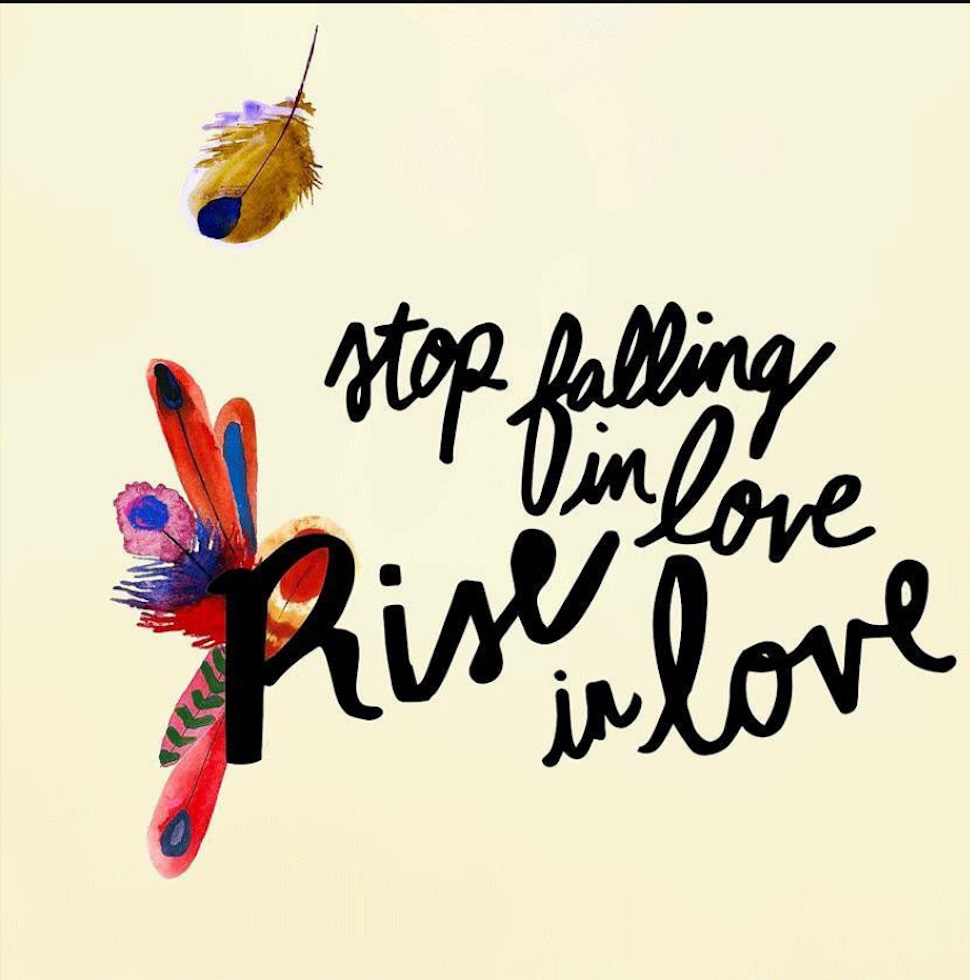The Story of Love
Do you like what you see?
Why does love, the thing we crave most, so often become the thing that hurts the most?
Why do we start with closeness and end up in conflict? Is it because we stopped loving, or because we don’t know how to stay open when fear arises?
Relationships don’t break our hearts.
They show us where the heart is still breakable.
They reveal the places where love flows freely, and where fear still hides.
They remind us that the other is not our problem, but our mirror. Every argument, every silence, every unmet need simply reflects how we relate to ourselves.
The Hidden Longings
Behind every relationship story, every tension, withdrawal, or outburst,
live two quiet longings:
To feel safe.
To feel valued.
Everything else is choreography.
When these two needs are met, love feels effortless. When they are threatened, love becomes a survival strategy.
Most of us learned early that safety comes from control, and value comes from approval. So we protect, perform, and please, until the relationship becomes a theatre of attacks and defenses, pushes and pulls, instead of an open field of truth, in acceptance of what is.
But the real purpose of relationship isn’t to keep us comfortable.
It’s to make us conscious.
Every time love stirs pain, it’s inviting us to see the part of ourselves that still doesn’t trust life. The part that fears rejection, loss, or abandonment more than it values truth.
The Shift From Blame to Responsibility
No one teaches us that love begins with self-responsibility.
We learn to find “the right person,” not to become one.
But two happy people make a happy couple, not the reverse.
The moment I start believing that you are the source of my peace or pain, I’ve handed you my power. And once I blame you for my feelings, I have lost the plot.
To take responsibility is not to accept fault, it’s to reclaim freedom.
It’s to say, “My reaction is mine.
My emotions are my teachers.
My partner is only the mirror.”
That’s when the dynamic shifts: from fixing the other to listening to what the mirror reveals in me.
Then even conflict becomes sacred, because it leads us closer to truth.
The Practice of Presence
Love is not a feeling; it’s a practice.
And the practice begins the moment we’re triggered.
When the nervous system tightens and the urge to defend rises, there’s a small, holy pause available, the choice to stay present instead of protecting an old wound.
That’s the real intimacy: being able to say,
“I feel scared right now,” instead of “You’re making me feel this way.”
It’s the difference between connection and control.
This is the essence of Nonviolent Communication, to express what’s true without blame, and to listen without defense.
Every judgment hides a need.
Every argument hides a longing: to feel safe, to feel valued, to be seen.
And every moment of honest expression, when met with empathy, restores connection.
Love thrives not in perfection, but in presence.
It dies the moment we trade authenticity for harmony.
The Space Between Us
There’s a line by Kahlil Gibran that has always felt like truth itself:
“Let there be spaces in your togetherness,
And let the winds of heaven dance between you.”
Love isn’t fusion, it’s freedom in proximity.
It’s two complete beings meeting without trying to complete each other.
It’s the courage to stay close without collapsing into sameness.
Compromise is often praised as maturity, but compromise of the self is slow death.
The soul will not tolerate it for long.
Healthy love is spacious. It has breath. It knows when to hold and when to release.
The moment we try to own the other, the current stops moving.
Keep a little sacred distance so love keeps breathing.
The Mirror Path
This is the heart of my relational work, what I call The Mirror Path.
It’s not therapy and not formulaic.
It’s a mirror held in love: a space to see clearly, speak truthfully, and remember how to trust what’s already alive between you.
Relationships reflect the truth of our inner world.
They reveal the space between love and fear, freedom and control, where old wounds still shape our reactions.
This work guides you back to presence, where connection deepens, communication softens, and authenticity feels effortless.
It invites honest dialogue, conscious boundaries, and the courage to stay open when it would be easier to close.
If these words resonate, you’ll find more about this work here:
👉 Relational Coaching — The Mirror Path
Rise in Love
Love isn’t something we fall into. It’s something we rise into.
And relationships, when we stop trying to fix them, are how we remember.
PS: you may want to check this post for further insights…
Subscribe — or even better, become a paid subscriber. Once I reach 100 paid subscribers (I’m already halfway there!), Substack will add a tag that could help me gain more visibility.
Engage (free and powerful!) — Visit the website, find the post you enjoyed most, and leave a comment at the end. Extra karma point if your comment is impertinent, sassy or even contains a question!
PS: “Change Your Story, Change The World” is a storytelling endeavor that looks deeply into the psyche that creates the stories we live by—with the intention to help us shape better stories, both personally and collectively.
Because the stories we tell are the reality we live.



